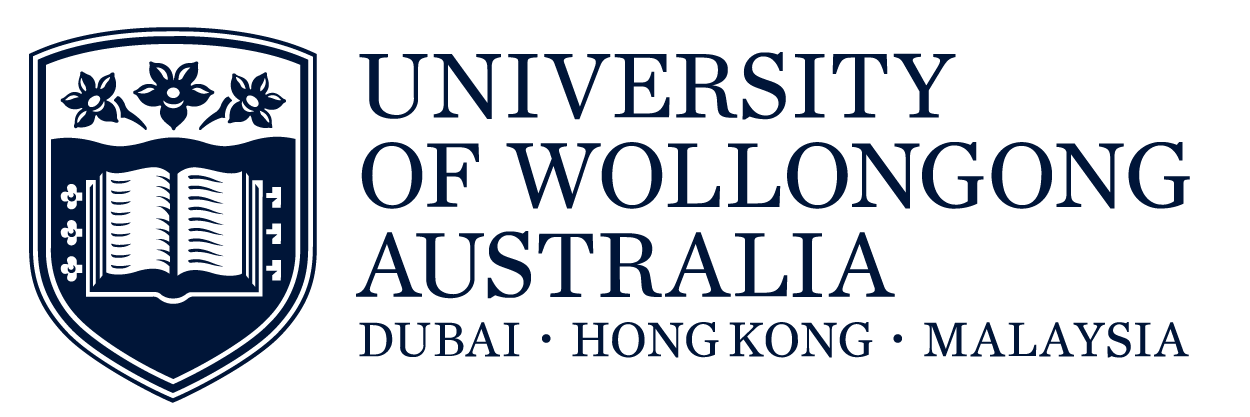Open Educational Resources (OER)
Open Educational Resources (OER) refers to any openly accessible teaching and learning material available online which you can adopt (re-use) or adapt to suit your teaching needs at no cost to you or your students. OER are available in different formats including: complete courses, course modules, textbooks, videos, podcasts, slides, images, infographics, question banks, assignment templates, software and more.
Examples of OER repositories:
- Open textbooks from the American Institute of Mathematics
- Case Studies collection from MIT Sloan School of Management
- Great Writers Inspire Resources Library (texts, podcasts, videos from University of Oxford)
- CSIRO scienceimage library
To read the benefits of applying OER in your teaching and learning, see the Library Services for Researches - Open Educational Resources guide
OA and OER
Open Access (OA) materials and OER are very similar. Both terms are used to describe content that is 'open'. The main distinction is that an OER is openly accessible and also openly licensed for re-use. These licenses (for example: Creative Commons) provide standardised and clearly worded 'pre-permissions' regarding an item's conditions of use. Being available under an open license means OER are free of many copyright restrictions and can be used in flexible ways.
Both OA and OER can help support lifelong learning and greater equity of access, as students can revisit these freely available materials throughout their careers.
Re-using OER
OER save time by using existing materials to support specific content areas in your subject. You can use a whole resource or a specific section or chapter and have the option to customise the content depending on the license condition.
When re-using OER it is important to:
- Use material from legitimate sources e.g. a video uploaded by an institution or individual creator to their official YouTube channel, or their authorised Flickr or Internet Archive collection page.
- Read and follow any attribution and usage rules for a specific OER. Always check the item/site’s licensing or ‘terms of use’ page.
More information on licensing and copyright guidance for teaching staff.
Finding OER
The following search tools will assist in discovering OER relevant to your teaching, learning or research needs. This includes looking for examples of courses/modules, specific item formats (such as a textbook, video or an image) or simply wanting to browse available OER by subject.
-
A-Z Databases by Type: Open Educational ResourcesInternational and Australian OER textbooks and other collections (including Open Textbook Library and La Trobe eBureau) featured in our UOW Library A-Z Database list.
-
Mason OER MetafinderSearch across multiple platforms, Including over 20 major open access and open educational resource collections. The open access category is useful for finding older or historical materials available in the public domain.
-
MerlotSearch a curated international collection of open educational resources and limit by a selection of filters including material type and audience level.
-
OASIS Integrated SearchSearch a wide selection of open access and open educational resource sites, limiting to specific format types.
-
TroveSearch for Australian open access content. Select a relevant Trove Advanced Search (by category) and limit to 'Access Online’. Tip: Do not limit to ‘Free access’ as some OER works appear under the 'Access conditions apply' subcategory depending on whether their 'Creative Commons' license status has been provided.
Further Guidance
-
OER Starter Kit: Repositories and Search ToolsIowa State University’s OER Starter Kit offers a comprehensive guide for educators looking to find and understand OER.
Liaison Librarians can work with you to identify OER collections specific to your subject area.
For support, contact the Liaison Librarians: lib-liaison-services@uow.edu.au


